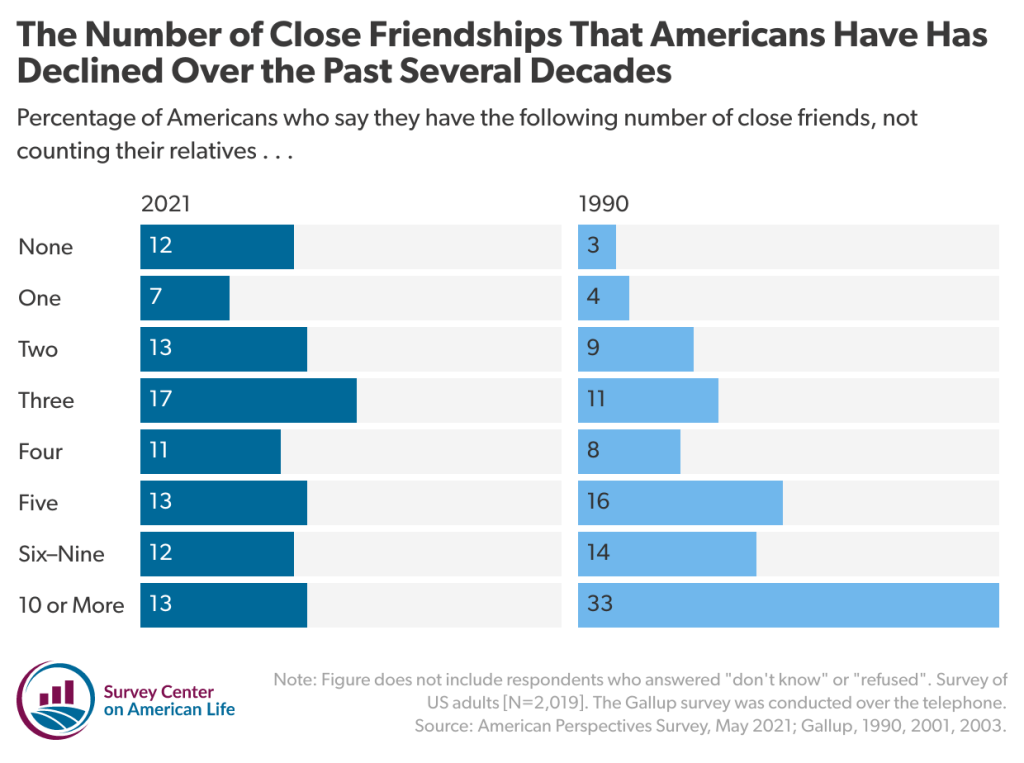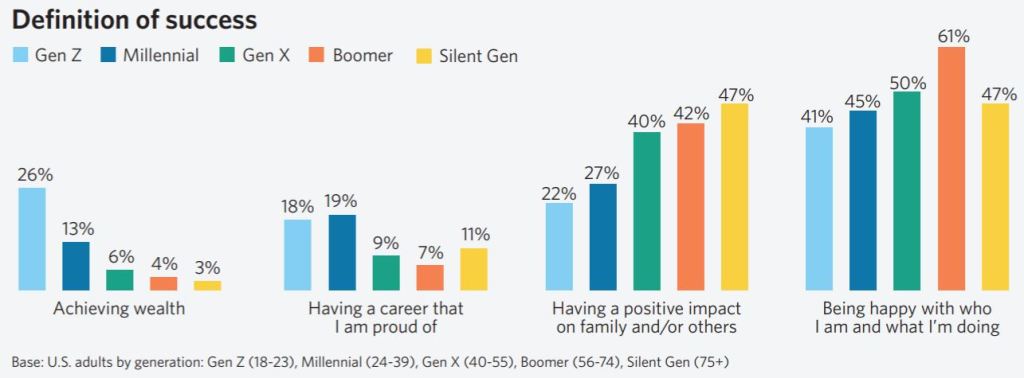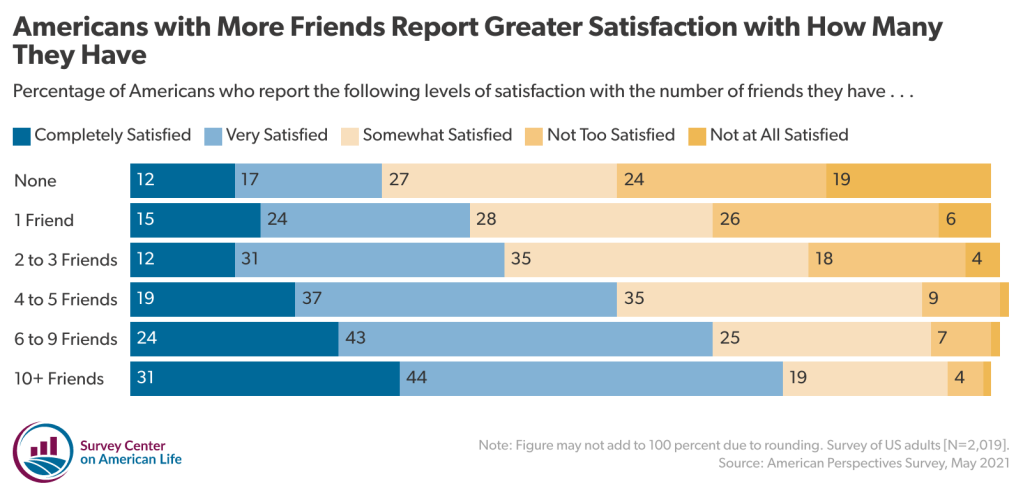An oak tree can grow to 100 feet tall and live for more than 100 years.
In a mast year, an oak tree can shed as many as 10,000 acorns, hard little squirrel delicacies raining down dozens of feet on your lawn (or head) like tiny missiles.
These are things I learned only after shipping a young oak tree to a best friend and his wife to plant in their yard as a gift to celebrate the announcement of their first baby. I didn’t consider whether they had room for such a large tree or even had the desire to deal with the maintenance. Instead, I only thought about the cost.
How much should you spend on celebrating a friend’s big life events?
The tree came with a copy of the classic children’s book, The Giving Tree, by Shel Silverstein. I sent it as a special way for them to mark the occasion. But truthfully, just like the boy in the book who repeatedly takes from the loving tree for selfish reasons, I also did it for myself. The root of our friendships is just as much about sustaining ourselves as it is about sustaining others.
Which is why I’ve been wondering lately: What is the cost of friendship anyway?
I took an unplanned month-long break from this blog. It was partly due to the demands of my day job and some other projects I’m building. But more so, because I was having so much fun spending time in the company of others again. Nights socializing replaced nights writing.
After not seeing most of my friends in over year because of COVID, there is a sweet sense of carelessness. No one cares if we meet at that overpriced restaurant. Sitting around a backyard fire is good enough reason to drink the expensive stuff.
After all, what are friends for?
A lot.
Why You Should Spend Money on Your Friends
While it is important to identify what expenses you can cut from your budget, it is equally important to identify what you like to joyfully spend money on.
We should never get too hung up on spending time and money on friends. It sounds trite, but it seems necessary to write because fewer and fewer people have them.
Amidst my time rekindling friendships, the most depressing thing I read about is the growing loss of close friendships. Even with all the communication tools literally in our pockets, we are as lonely as ever, according to a study from the Survey Center on American Life.

Back in the day of pay phones, beepers and Zubaz pants (1990), only 3% of Americans said they had no close friends. That figure spiked fourfold over the past 30 years, with 12% of Americans awash in cellphones, social media and Crocs saying they are essentially friendless.
Meanwhile, the number of Americans who said they had 10 or more friends plummeted from 33% to an alarming 13%.
Call it a loneliness pandemic, a pandemic that could also harm people in many ways.
You can see the value of friendship most among older adults. Over the past year, Edward Jones and New Wave conducted a study investigating how retirement attitudes and behaviors were shaped by the pandemic.
After a year of living through lockdowns and the threat of illness or death, 77% of retirees say “having family and friends that care about me” is one of the most essential elements to well-being in retirement, ranking higher than “being financially secure” (59%).
The report also shows how attitudes regarding “success” change with age. Older adults place a higher value on relationships and self-acceptance than wealth or job achievements.

Of course, priorities shift throughout life. But there is something important to take away from those who generally have wealth and the freedom of time but the fewest years left to live. That is: We should be concerned about accumulating friends as much as financial assets.
The report states:
“Social isolation is linked to an increased risk of heart disease, dementia and death; it can be as deadly to one’s health as smoking 15 cigarettes per day.” (Italics mine… just let that sink in for a minute.)
Friendship has been shown to improve our mental, physical and emotional states.
A big study at Harvard spanning 80 years found that the single best predictor of health and happiness was not your wealth or your professional success, it was your close relationships.
Data from the Survey Center on American Life also reveals this basic happiness principle: more friends equals more life satisfaction.

It aligns with what longevity researcher Dan Buettner said to the New York Times:
“I argue that the most powerful thing you can do to add healthy years is to curate your immediate social network… Your group of friends are better than any drug or anti-aging supplement, and will do more for you than just about anything.”
Wealth is a number, but it’s also a feeling. Friendships can make anyone feel like the wealithiest person in the world. Friends make the whole damn mess of life so much more worth it.
As C.S. Lewis writes in The Four Loves:
“Friendship is unnecessary, like philosophy, like art, like the universe itself (for God did not need to create). It has no survival value; rather it is one of those things which give value to survival.”
Every dollar spent should be made with some consideration. But when it comes to spending money on friends or experiences with friends, consider giving yourself more freedom than you would with anything else.
A hard lesson no one wants to learn: all the money you need to become financially independent means nothing, absolutely nothing, if you have no one to spend it with.
In her bestselling memoir, The Top Five Regrets of the Dying, hospice nurse Bronnie Ware says one of those top regrets is, “I wish I had stayed in touch with my friends.”
This is why an important part of any retirement plan isn’t just what you want to do, but also who you want to do it with.
My lucky friend who is now a soon-to-be proud father and involuntary oak tree arborist married his wife in her home country of South Africa. I didn’t go, because I was concerned about the cost while saving for a new home. Fortunately, our friendship remains strong. To this day though I regret not throwing caution to the wind and being a part of that special moment.
Money can come and go. Special moments with friends last forever. Don’t miss them.
You can save and invest for a big house, a fast car, kid’s college fund, whatever. It’s all personal and who am I to tell someone one way or another. Except with this: spend all the money and time on your friends that you can*. This is investment advice, planning advice, saving advice, money advice, life advice (come at me SEC!).
(*Within reason, of course. If someone expects you to spend more than you can reasonably afford, then they’re not really a friend anyway.)
The cost of friendship is whatever it costs to maintain your friendship — and it’s worth it.
Pick up the tab.
Take the trip.
Send an oak tree.
Even if you’re just doing it for your own well-being.

Thanks for this great reminder. Of the few things I regret, it was not cultivating better relationships in my 20s and early 30s. A friend invited me to his and his now wife’s engagement party, and my wife and I didn’t go for some reason I can’t recall. Well that friend and I are still friendly, we see each other once every six months, but I wonder if I had gone to that engagement party if that friendship would be even better.
So you are 100% right. We need to invest more in our friends and our families. We need to show up for the big things in life, and we need to throw caution to the wind. If you want to have great friendships, you need to give more than you get.
LikeLike
Well said, AR, thank you! Always appreciate your comments and your blog. I right with you, just only wish it didn’t have to take a deadly pandemic and lockdowns to bring this into better focus.
LikeLike
It’s a true silver lining of the pandemic. It has upended some things that needed upending.
LikeLike
Thought provoking. Thank you.
LikeLike
Thank you, Simon!
LikeLike
Great stuff. I try to accept every wedding invite and hit the big events, but I need to do a better job on a day to day basis. Seems like I’ve been picking up a lot of checks lately though haha.
LikeLike
Thanks you, IF! I find it to be a tricky balance, too. Fortunately, a simple phone call or text can go a long way.
LikeLike